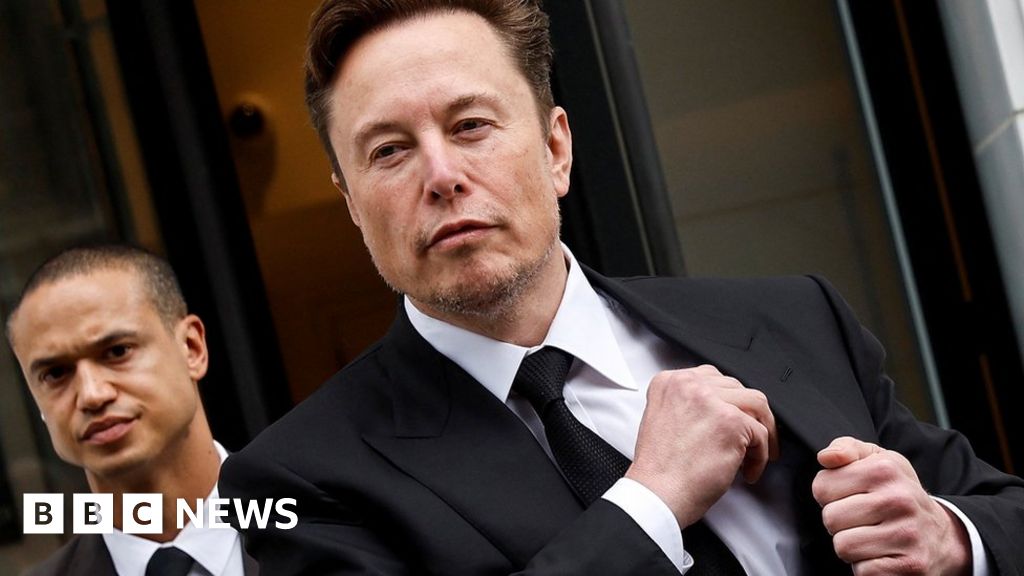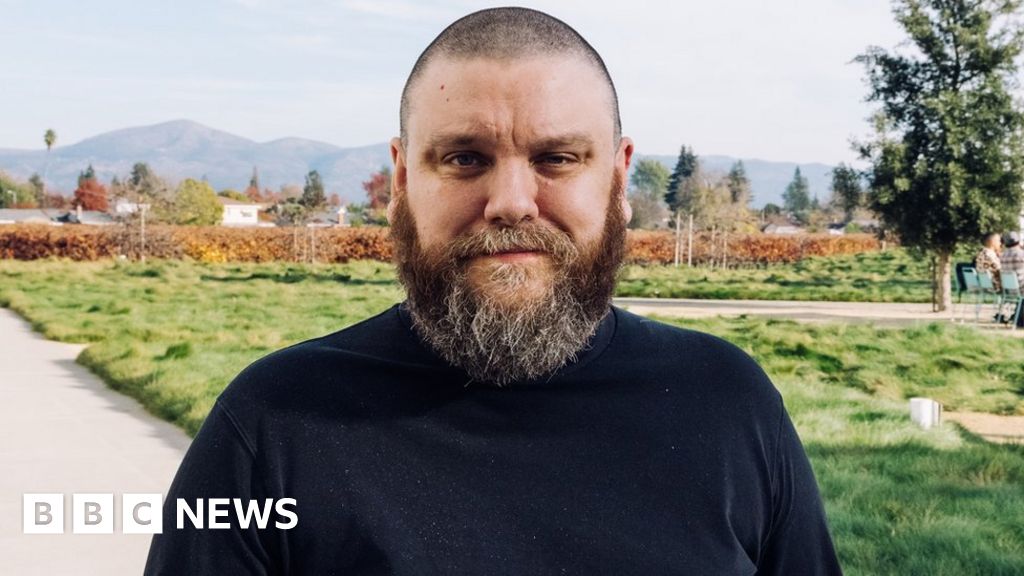They'll eventually have to, because if they don't there will be nobody able to buy their products and services.Sadly, until the 1% are willing to actually SHARE, we as a species literally cannot take the next step in automation because those psychopaths have absolutely no problems with condemning all of us to homelessness and starvation while replacing all human labour with the cheapest chinese knock-offs of commander data they can get.
You are using an out of date browser. It may not display this or other websites correctly.
You should upgrade or use an alternative browser.
You should upgrade or use an alternative browser.
The Twit destroying Twitter is a Twaitor
- Thread starter NovaSaber
- Start date
The thing is, running out of customers will only be a "problem" to them in the sense that there's no one left to fleece for even more money. By which point there's also no more money to be gained in the first place. Why would they accept the offer to give all their money away just so they can enjoy earning some of it back? Unless this really is a "dog doesn't know what to do with the car if he ever catches it" type situation, I think they'll accept having succeeded at acquiring all the resources in the world as the best they're ever going to get.
I say let them go to space as long as they promise to not come back.
Of course, we all know what a billionaire's promise is really worth, so....
Of course, we all know what a billionaire's promise is really worth, so....

U.S. regulators rejected Elon Musk’s bid to test brain chips in humans
Elon Musk says his brain-chip company will make the paralyzed walk and the blind see. But Neuralink still struggles to secure clinical-trial approval.
On at least four occasions since 2019, Elon Musk has predicted that his medical device company, Neuralink, would soon start human trials of a revolutionary brain implant to treat intractable conditions such as paralysis and blindness.
Yet the company, founded in 2016, didn’t seek permission from the U.S. Food and Drug Administration (FDA) until early 2022 – and the agency rejected the application, seven current and former employees told Reuters.
The rejection has not been previously reported. In explaining the decision to Neuralink, the agency outlined dozens of issues the company must address before human testing, a critical milestone on the path to final product approval, the staffers said. The agency’s major safety concerns involved the device’s lithium battery; the potential for the implant’s tiny wires to migrate to other areas of the brain; and questions over whether and how the device can be removed without damaging brain tissue, the employees said.

Twitter insiders: We can't protect users from trolling under Musk
Current and former employees of the company say there are serious ramifications from mass lay-offs.

Kevin Beaumont (@[email protected])
Attached: 1 image Twitter has failed to pay its recruitment provider, so the Twitter job system is now an email address. https://careers.twitter.com

Thousands of pro-Trump bots are attacking DeSantis, Haley
Researchers have uncovered a network of tens of thousands of fake Twitter accounts created to support former President Donald Trump and attack his critics and potential rivals.
I'm sure this is nothing to worry about...
the spirit of Howard Hughes lives on.
He is reportedly paranoid that someone in the company may go rogue & stage a coup.
How does he think corporate governance works?
Probably the same as the slave mines where his inherited wealth came from. He's never had to learn anything else.

Worker asks Elon Musk on Twitter: Have I been fired?
In a viral Twitter thread, Halli Thorleifsson is asked by Elon Musk what work he has done for the firm.
Trump: "You're FIRED."
Musk: "Are you fired? I dunno. Who are you? Do you work for me? LOLOLOLOL Someone tell this moron he's fired, I'm too busy being an ass."
It turns out that due to the agreement when Halli's company was acquired, Musk can't fire him without paying loads of money.
